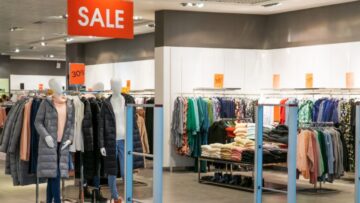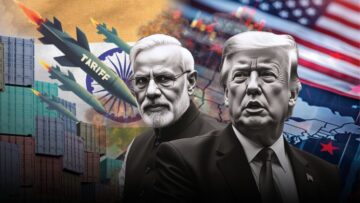
Both import of and the investment in man-made fibre (MMF) are increasing significantly in Bangladesh lately thanks to the rising popularity of apparels made of artificial fibres amongst the end consumers worldwide, which is now witnessing more and more garment manufacturers in the country turning to MMF to increase profitability and market share.
According to media reports which cited data from the Bangladesh Textile Mills Association (BTMA), in 2020, spinners in Bangladesh imported 99,345 tonnes of polyester staple fibre (PSF), up 3.4 per cent from 96,077 tonnes a year ago even as import of viscose staple fibre (VSF) also rose significantly as local spinners brought from abroad 72,504 tonnes of VSF last year, an increase of 36 per cent year-on-year.
Further, in terms of investment, around 30 per cent out of US $ 8 billion investment in the primary textile sector in the country (Bangladesh) took place in the MMF segment, up from what was around 20 per cent 3 years ago, reports claimed.
As per industry people, as MMF-based apparels are durable, recyclable and re-useable, more and more people are buying the same even as MMF compared to cotton-based fibre also meets the criteria for sustainable clothing, which is said to be another reason for its rising popularity, to add to which is the changes in lifestyle, because of which consumers are looking for products that are easier to care for.
People are choosing the fabric as a substitute to cotton fibre, reportedly, underlined Chairman of Little Star Spinning, Md. Khorshed Alam while adding that as such investment in MMF is also growing.






